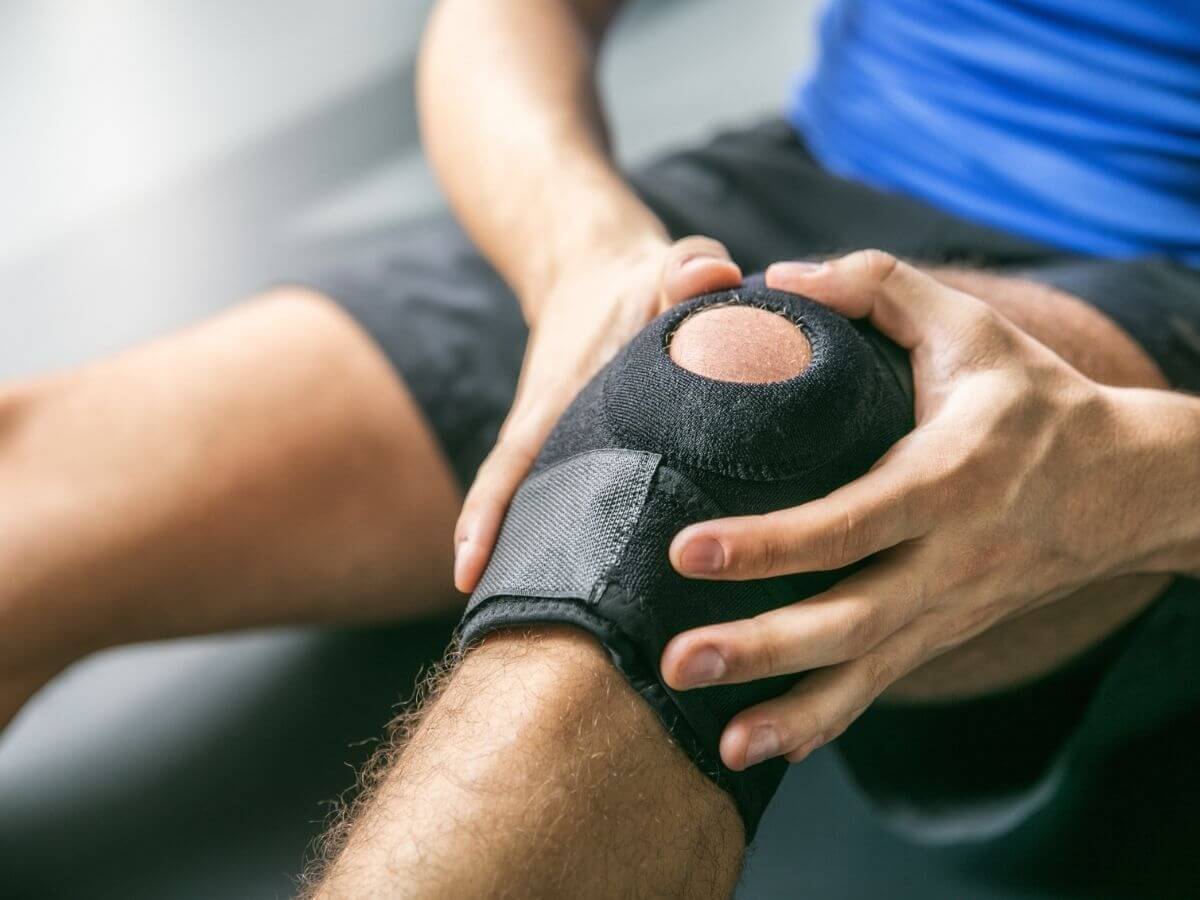How to Sit in a Car with Low Back Pain?
.jpg?rev=f372f6b32e084691ad2ead57b8d3f259)
Many of the pains we experience in our musculoskeletal system (muscles and bones) are due to overexertion. We exercise too vigorously, lift something heavy with poor technique, or “overdo it” in some other way. We’ve come to equate too much activity with pain.
Consequently, it can be surprising to someone experiencing back problems for the first time that sitting (and doing nothing) can worsen their discomfort. Spending extended periods sitting can intensify low back pain. That relationship can be particularly problematic when you’re in a car for a long time since you can’t get up and walk around or stretch to any great extent in a vehicle.
Why does extended sitting worsen low back pain, and what can you do to prevent discomfort? This article answers those questions.
How Sitting Causes Low Back Pain
The interactions of the bones, nerves, and muscles of the spine and related structures are complex. If any components get torqued, compressed, misaligned, or otherwise forced into unnatural positions, the result is typically pain.
When you sit for an extended period, it’s common for less-than-ideal posture to occur. You slide downward in your seat, bend forward at the waist, or move in other ways that adversely affect your spinal alignment, overstretching spinal ligaments. Even if your posture is good, sitting still for a long time may start to compress the discs in your vertebrae, causing them to lose some of their cushioning capability. This creates pressure on nerves and other problems that cause pain.
Although our bodies are designed for sitting, our best spinal alignment happens when we stand.
9 Tips for Avoiding Low Back Pain in the Car
Whether you're kicking off a day-long road trip or will just be running some errands around town, back pain is no fun. Fortunately, you can take steps to prevent it.
Try these tips the next time you’re preparing to spend some time in the car.
- Get comfortable as soon as you get in. Letting an issue fester now can lead to significant pain later.
- Take everything out of your pockets. Even something like a slim wallet can create a misalignment that takes a toll with time.
- Use good posture. Sit back in your seat with your hips and spine firmly against the backrest. Keep your chin pulled in and your head directly over your spine.
- Optimize your driving environment. Position your seat, mirrors, and steering wheel properly when driving to minimize leaning and reaching. Find the right balance in your distance from the steering wheel. Farther back is safer, but leaning forward to grasp the wheel is bad for your back. Keep your hands at 9 and 3 on the steering wheel rather than, for example, having one hand at the top.
- Use a lumbar cushion if needed. If the vehicle’s seats don’t have adequate lumbar support, a cushion can help. A heated cushion can increase blood flow to your back, helping to loosen tight muscles.
- Consider sitting on a pillow. Minimizing the bumps and vibrations that reach your back can reduce back pain.
- Take frequent breaks on long trips. Getting out to walk around and stretch regularly is essential.
- Have over-the-counter pain relievers with you. Topical salves, patches, and oral medications can help reduce inflammation in your back and keep your pain in check.
- Stay hydrated. Balancing fluid consumption and bathroom stops can be challenging, but proper hydration is vital to your overall health and can reduce the risk of muscle cramps and back spasms.
Be aware that your vehicle’s condition can also affect your back pain. Things like worn shock absorbers or tires can increase the amount of vibration that gets transmitted to occupants. Keep your car well-maintained to reduce your back pain.
Also, most trucks and SUVs have rougher rides than sedans. If you’re concerned about back pain and can choose your vehicle, pick a car.
Get Help with Low Back Pain from Baptist Health
Back problems can be painful, frustrating, and detrimental to your quality of life. The good news is that treatments, lifestyle changes, and other actions can help.
If you have persistent back pain, contact your Baptist Health doctor. If you don’t have a provider, you can find one in our online directory.

.jpg?rev=5ec7fdcba4b24c3bbdb6146dc1d3a1e5)

